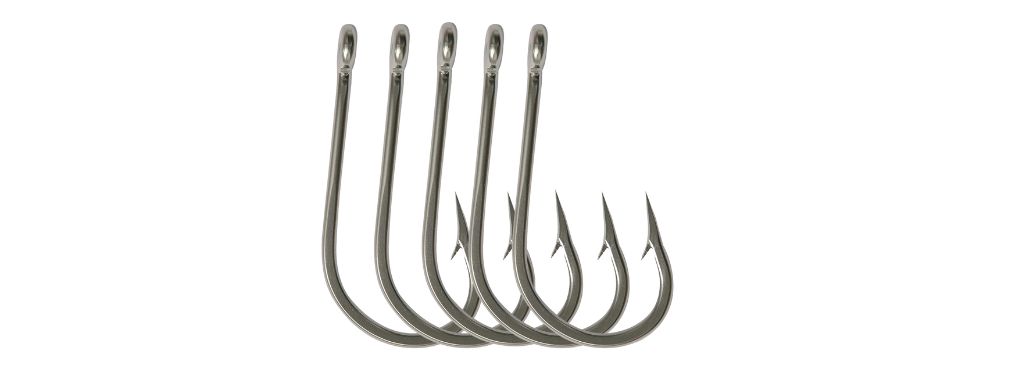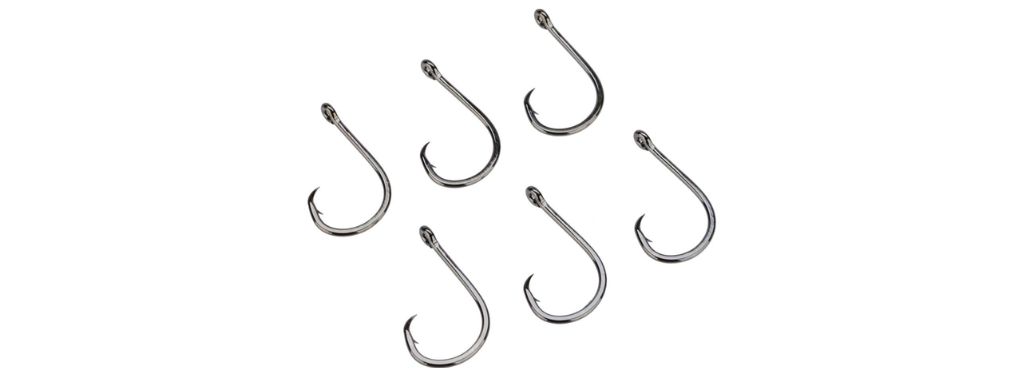Stories Worth Reeling In...
Last Updated on September 22, 2023
Hey there, fellow anglers! Get ready to dive into the intriguing world of fish hooks and their lifespan. Have you ever wondered what happens to those hooks you lose while fishing? Well, today we’re going to unravel the mystery!
So, grab your favorite beverage, kick back, and join me on this fascinating journey into the realm of fish hooks. By the end of this article, you’ll be armed with knowledge that will not only make you a better angler but also help protect our beloved aquatic environments. Let’s get started, shall we?
Table of Contents
First things first, let’s talk about what fish hooks are made of. These trusty tools are typically crafted from various materials, with the most common ones being stainless steel, carbon steel, and high-carbon steel. These materials offer durability and strength, allowing anglers to reel in their prized catches.
Now, when it comes to the dissolvability of fish hooks, several factors come into play. The material of the hook itself plays a significant role. Different materials have varying levels of resistance to corrosion and decomposition. Additionally, the size of the hook and the fishing conditions also influence how long it takes for a hook to dissolve.
But why should we even care about hook dissolvability? Well, let me tell you, it’s more than just a matter of losing a hook. When fish hooks are lost or abandoned in our waters, they pose a threat to our aquatic friends. Marine life can get tangled up or injured by these hooks, and it disrupts the delicate balance of our underwater ecosystems. That’s why it’s crucial for us anglers to embrace responsible angling practices and take extra care to avoid losing hooks unnecessarily.
Anglers may think hook wounds are trivial, but an injury to the gills, eyes, or internal organs can be lethal. If the fish is caught deep in the neck or belly, it is better to cut the leader at the hook and leave the hook in the fish, according to a study. Prolonged efforts to remove the hook can cause more harm than benefit.

When it comes to hook materials, we have a few heavy hitters in the game. Let’s start with stainless steel, a popular choice among anglers. Stainless steel hooks are known for their excellent corrosion resistance, making them a durable option that can withstand the challenges of freshwater and saltwater fishing. While they may take a bit longer to dissolve compared to other materials, their robust nature ensures they can handle the test of time.
The hook is preferably constructed of a natural material that has been coated with a dissolvable coating, such as compacted manure. After a specific period of time, such as 24 hours, the hook dissolves in water, allowing the fish to continue feeding and safeguarding itself from illnesses.
These bad boys are known for their strength and durability. Carbon steel hooks offer a great balance between affordability and performance. They have good dissolvability characteristics, although they may corrode faster than stainless steel hooks, especially in saltwater conditions. However, with proper care and maintenance, they can still be reliable companions on your fishing adventures.

These hooks are forged from steel with a higher carbon content, providing them with exceptional strength and sharpness. High-carbon steel hooks offer excellent dissolvability characteristics, allowing them to break down faster compared to stainless steel and carbon steel hooks. This can be advantageous if you’re aiming for hooks that dissolve relatively quickly.
The dissolvability of fish hooks can vary depending on several factors, and one of the key factors is the environment in which they find themselves. Water temperature, salinity levels, and pH levels all play a role in determining how fast or slow a hook will decompose.
First off, let’s talk about water temperature. Generally, warmer water temperatures tend to accelerate the dissolving process of hooks. The increased activity of microorganisms and chemical reactions in warmer waters can speed up the decomposition of the materials hooks are made of.
Salinity levels also come into play. In saltwater environments, hooks may experience more rapid corrosion and degradation due to the presence of salt. Saltwater can cause hooks to break down more quickly compared to freshwater environments. However, it’s worth noting that certain materials, such as stainless steel, exhibit better resistance to corrosion in saltwater conditions.
pH levels, which indicate the acidity or alkalinity of the water, can also affect hook dissolvability. Higher acidity levels in water can accelerate the corrosion process, potentially leading to faster hook decomposition. Conversely, more alkaline water may slow down the dissolving process.
Let’s be responsible anglers and stewards of our aquatic environments. Dispose of hooks properly, and consider using alternative options like biodegradable hooks when available. Share your experiences and responsible fishing tips in the comments below, so we can all learn from one another and make a positive difference.
Remember, each action we take, no matter how small, contributes to the preservation of our beloved fishing spots and the well-being of the marine life that calls those waters home. Together, we can ensure that future generations of anglers can enjoy the thrill of the catch in thriving and healthy ecosystems.